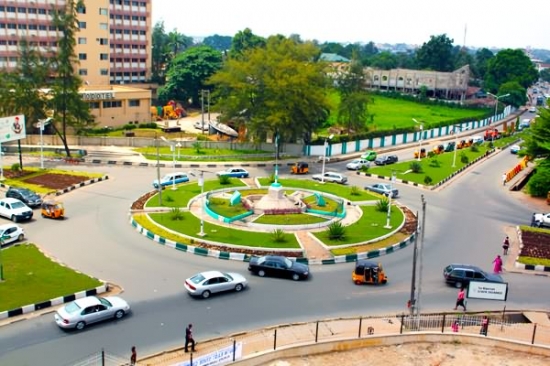In a radical re-imagining of economic development, the Imo State government is systematically converting its social architecture into a financial one. The One Kindred One Business Initiative (OKOBI) is not a welfare program; it is a state-level strategy to incorporate the kindred—the traditional family unit—as the primary vehicle for entrepreneurship, transforming over 500 of these groups into formalized corporate entities in just 24 months.
The program’s staggering uptake—104 new communities enlisting in recent weeks, bringing the total to over 500 group-owned businesses and 20,000 associates—reveals a powerful insight. By leveraging the pre-existing bonds of trust, shared identity, and collective responsibility within a kindred, the government has found a way to bypass the high failure rate of individual startups. The kindred provides a built-in support network, a initial pool of labor, and a shared incentive structure that individual entrepreneurs lack.
Professor Kenneth Amaeshi, the Chief Economic Adviser, revealed the program’s sophisticated, phase-based approach. The “first phase” was an “open call for engagement,” a mass mobilization effort. We are now entering the “second stage,” where the state acts as a corporate incubator, guiding participants in “refining their business concepts into bankable proposals.” This is a critical shift from informal activity to formal, fundable enterprise.
The government’s role is that of a strategic facilitator and standard-setter. By requiring formal registration and bankable proposals, it is imposing the discipline of the market onto communal groups. This process does not just create businesses; it financializes social capital. The trust that holds a kindred together becomes the collateral for a loan and the foundation for a balance sheet.
The program’s scale is its most definitive feature. With a target of all 630 autonomous communities, OKOBI is a blueprint for total economic participation. It moves beyond creating isolated success stories to systematically weaving entrepreneurship into the very fabric of the state’s society. The “over 20,000 associates” are not just employees; they are shareholders in their community’s corporate future.
This model presents a compelling alternative to top-down industrialization. Instead of attracting a single, large foreign factory, the state is cultivating a distributed network of thousands of small, community-owned enterprises. This builds resilience, ensures that economic benefits are rooted locally, and harnesses what the government describes as “local talent and resources” in the most profound way possible.
OKOBI represents a new paradigm in economic planning. It demonstrates that the fastest way to scale a business culture may not be to create lone heroes, but to empower the oldest corporations humanity has ever known: the family.

